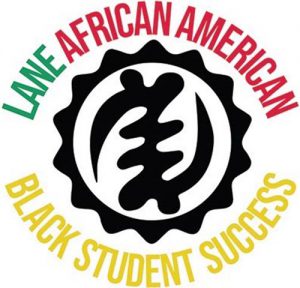
The purpose of the Lane African American/Black Student Success Program is to improve academic outcomes for African American/Black students and to achieve a vision of an equitable education system in Lane County.
Program Goals
The program’s purpose will be realized through the achievement of the following goals:
- Build a consistent approach and aligned pathway between early childhood and K-3 education to promote enrollment of African American/Black early learners.
- Reduce the number of discipline incidents for African American/ Black Students.
- Increase graduation rates for African American/Black Students.
- Increase the amount of available culturally responsive curriculum in Lane County schools to examine the historical and current impact of institutional racism on African American/Black Communities.
- Increase attendance and reduce absenteeism rates for African American/Black students.
- Increase the rate of freshman on-track for African American/Black students.
Strategies
The project applies four strategies through which to pursue project goals.
- Professional development for school staff (pre-K through high school) and training for Student Navigators and mentors in cultural identity formation, implicit bias and disproportionate discipline, and culturally responsive pedagogy.
- Expansion of the African American Rites of Passage (AAROP) summer to rural districts and support for wrap around (academic school year) program.
- Student Navigators for African American/Black students and their families in every participating district (16), including pre-schools (Early Learning Alliance/HUB).
- Strengthen African American/Black community engagement, to restore and strengthen relationships and partnerships in ways that positively affect the African American/Black community and facilitate improved outcomes for students.
Continuous Improvement Plan
Data-Informed Continuous Improvement
Program staff in collaboration with participating schools’ leadership team will examine dis-aggregated student data to identify gaps in academic achievement and mental/behavioral needs.
Data Sources for Academic Achievement
- Ninth grade on-track
- Third grade reading
- Graduation (on-time and 5th year completion)
- Attendance
- Chronic absenteeism
Data Sources for Mental and Behavioral Health
- Culture and climate data
- Disproportionate discipline (behavioral referrals, suspensions, expulsions)
- Early learning metrics, etc.